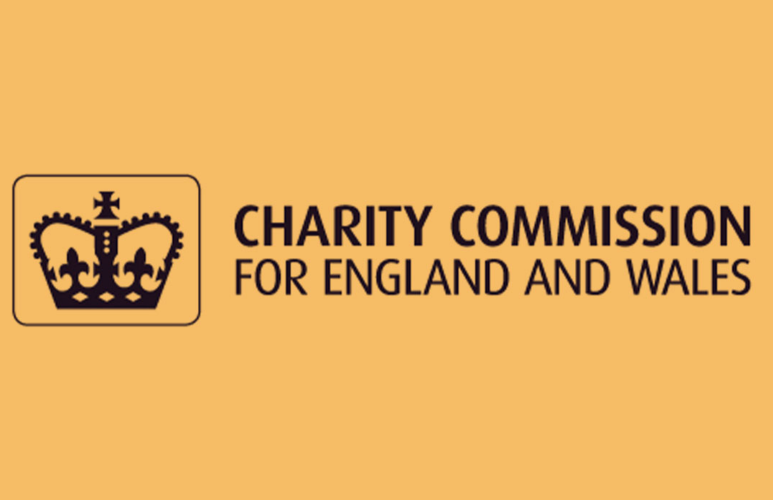Charities in the United Kingdom need to promote greater awareness of charity data amongst the public and encourage proactive engagement with this information more widely, but specifically when considering asking for support.
That’s one of the recommendations of the Charity Commission For England and Wales, on the heels of data showing a slight uptick in trust for U.K. charities.
“Highlight to the sector the key role that charity data can play to help grow trust in charities by letting the public ‘in’ and allowing them to feel they ‘know’ and understand the charity, raise the profile of the CCEW as an independent body and any work being done to validate charity transparency and data and around investigations and their outcomes,” wrote the authors of the new study “Charity Transparency Data Research Report.”
The most recent research suggests that trust in charities has increased, but that trust remains unevenly distributed across the public. There are some 168,000 registered charities in England and Wales. Together they attracted an annual income of £76.7 billion in the past year. More than 11 million people in England and Wales volunteer at least once a month, including around 700,000 trustees of registered charities, according to the commission’s data.
Research by the commission shows that charity trustworthiness is driven by charities showing:
* Where the money goes: That a high proportion of charities’ money is used for charitable activity
* Impact: That charities are making the impact they promise to make
* Living their value: That the way they go about making that impact is consistent with the spirit of ‘charity’
* Collective responsibility: That all charities uphold the reputation of charity in adhering to these ideas.
Issues and challenges with how charity is delivered in practice were raised across the sample of people interviewed and there were mixed levels of trust in charities. Participants described having varying levels of trust in different types of charities, rather than an overall level of trust in the sector. There were three key drivers of trust: charity size, geographic scope, and closeness to the charity.
“Taken together, an overarching theme driving levels of trust was that of connection and a sense of ‘knowing’ a charity,” according to the report’s authors. There were higher levels of trust in smaller and local charities and those to which participants felt a sense of personal, emotional or values-based closeness which were factors to higher levels of trust that their own donations were reaching beneficiaries and impacting the cause about which they cared.
